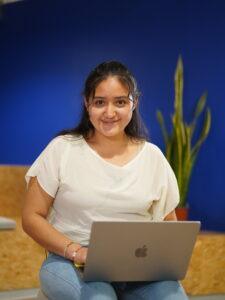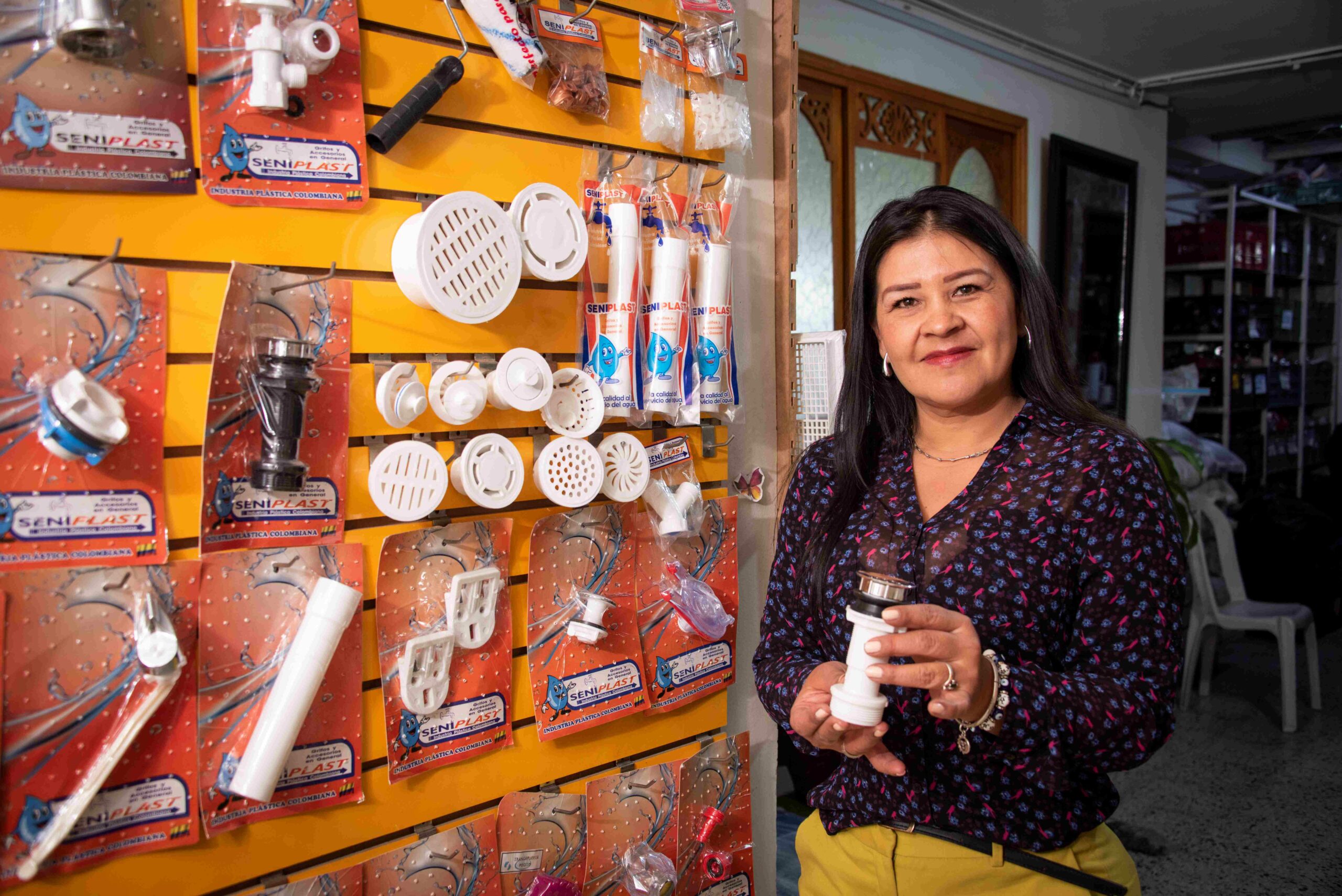“Gender equality drives economic growth and sustainable development”. Maria-Noel Vaeza, Regional Director of UN Women for the Americas and the Caribbean
Thirty years ago, 189 member countries of the United Nations agreed on the most comprehensive intergovernmental plan to achieve gender equality: the Beijing Declaration and Platform for Action adopted at the Fourth World Conference on Women.
This year marks the 30th anniversary of this agenda and platform. Under the slogan “Human rights are women’s rights and women’s rights are human rights,” this conference charted a path to eradicate discrimination against women and girls.
30 years later, where are we in Latin America and the Caribbean? We need to do more, do it better and do it faster. Girls who were born in 1995 and who today are adult women continue to face different types of violence, have fewer opportunities to participate in public life and may receive a lower salary than men for work of equal value, and receive 25% less credit when requesting financing for their enterprises.
2025 is a key year to set the horizon, to transform societies. It is necessary to finance actions that seek to impact gender equality. To include women in new financial processes, we need to innovate. And clearly the BBVA Microfinance Foundation is a great innovator. The innovation component is key. It is important that the financial ecosystem constantly introduces innovations and develops affirmative and comprehensive actions to increase women’s financial inclusion.
It is urgent to advance in the institutionalization of the gender perspective through institutional strategies, as well as innovative instruments and products that make it possible to materialize a value offer to serve sub-segments of women, identifying different needs according to the life cycle of women and their enterprises. We must also move towards a care society.
UN Women is supporting the creation of comprehensive care systems in Latin American and Caribbean countries with technical assistance and expertise in more than 15 countries in our region. On this path, it is essential to promote cooperation on public policies and comprehensive care systems that guarantee the right to care for those who require it, to self-care and to quality care. I am grateful to the Spanish Cooperation which is funding a very successful regional programme.
We need to invest in women, in all sectors, in the environment, in the circular economy, in new technologies and in artificial intelligence, where women are still underrepresented. International data show that if the gaps between men and women were reduced, GDP per capita could increase by 20%.
Can you imagine, in this context of such low growth, increasing GDP by 20%? Specifically, empirical evidence shows that a reduction in the labor market participation gap between men and women generates faster economic growth; that an increase in the education of women and girls contributes to higher productivity; or that a greater number of women in leadership positions in companies increases not only organizational effectiveness but also the profits and market value of those companies. Gender equality means good business.
It is necessary to recognize that the role of women is fundamental in promoting sustainable human development, as is their concern for the quality and sustainability of life for current and future generations.


